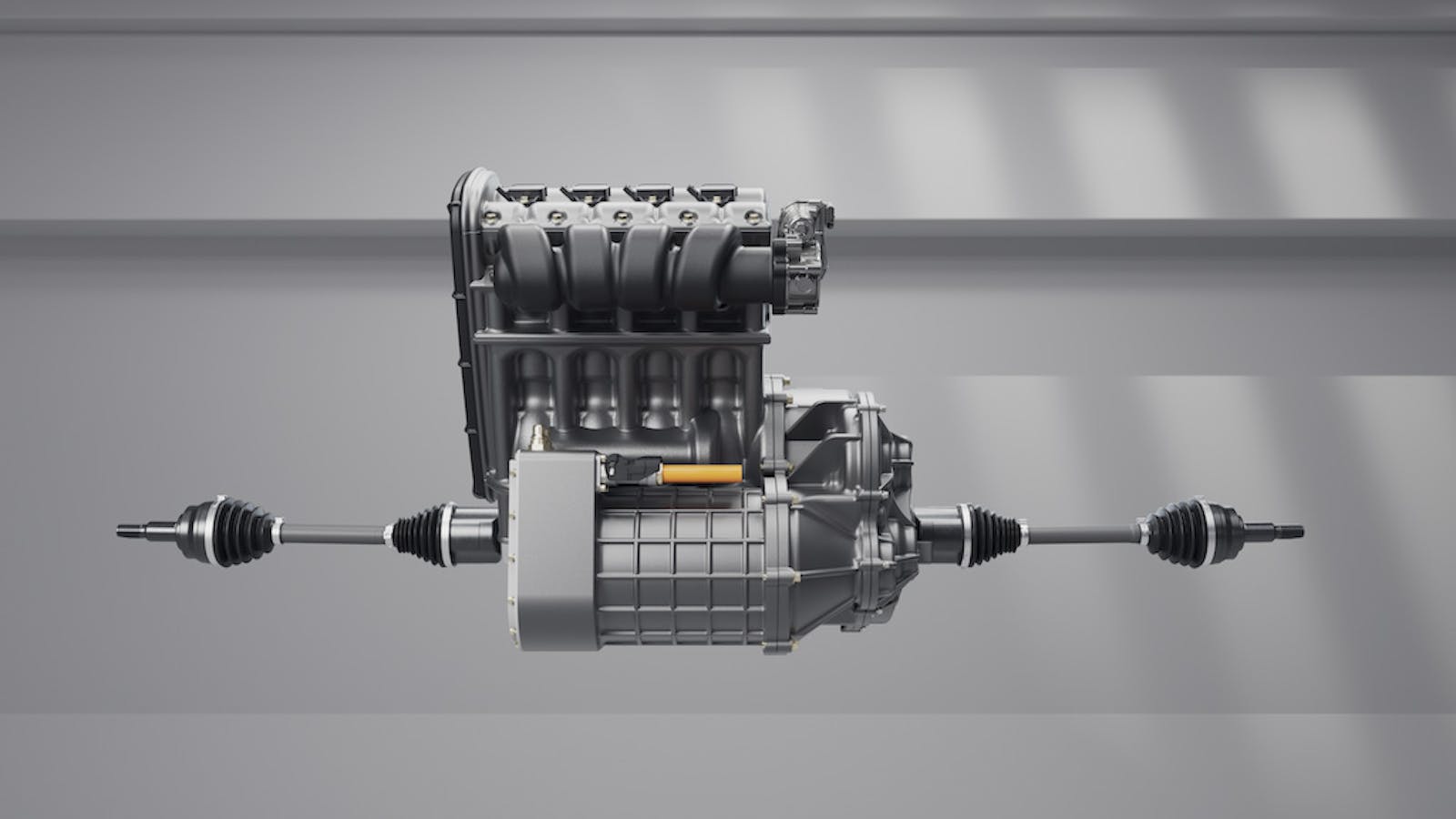Media | Articles
The McLaren Speedtail achieved its 250 mph top speed at the Kennedy Space Center
The McLaren F1 was never designed for high top speed, nor to win at Le Mans. Yet driven by Jonathan Palmer, it achieved 231 mph at Nardò as early as in 1993. Fifteen years later, McLaren decided to follow up the F1’s notoriety with the Speedtail, a similarly exclusive automobile developed for top speed, and not much else. This new member of the Ultimate Series is a slippery three-seater that should be good for at least 250 mph without regards to being WEC LMH-class material.
To confirm that the Speedtail is the fastest McLaren to date, Woking sent a prototype code-named XP2 to the Kennedy Space Center in Florida. Previously, McLaren had been conducting high-speed testing at the Institute for Applied Automotive Research (IDIADA) in Spain and at a test facility in Papenburg, Germany. The payoff came recently in Florida, where chief test driver Kenny Bräck pushed the XP2 to the limit, achieving the goal speed of 250 mph over 30 times on the space shuttle runway of the Johnny Bohmer Proving Grounds.

We are way past the eighties, and so manufacturers are more likely to play it safe with their performance figures, in order to guarantee that their cars pack enough extra grunt to pass a test even under challenging conditions. That’s why we end up with engines producing more power, and cars that accelerate just a touch quicker all day long. Unsurprisingly, when McLaren claims the Speedtail as a 250 mph affair, it will be, come rain or shine.
The Speedtail features a battery pack with a power density of 5.2kW/kg as part of a complex hybrid powertrain pushing out a combined 1070 horsepower and 848 lb-ft of torque. The first of these 106 very complex hypercars are now being hand-assembled at the McLaren Production Centre, for deliveries in February 2020. That means we’ll soon be able to catch one on the road. Until then, we’ll have to make due with these great images shot at the Kennedy Space Center.
Marketplace
Buy and sell classics with confidence

20191223142635)
20191223142649)
20191223142656)
20191223142804)
20191223142815)
20191223142714)
20191223142726)
20191223142737)
20191223142747)
20191223142837)
20191223142850)
20191223142903)
20191223142930)
20191223143011)
20191223143043)

